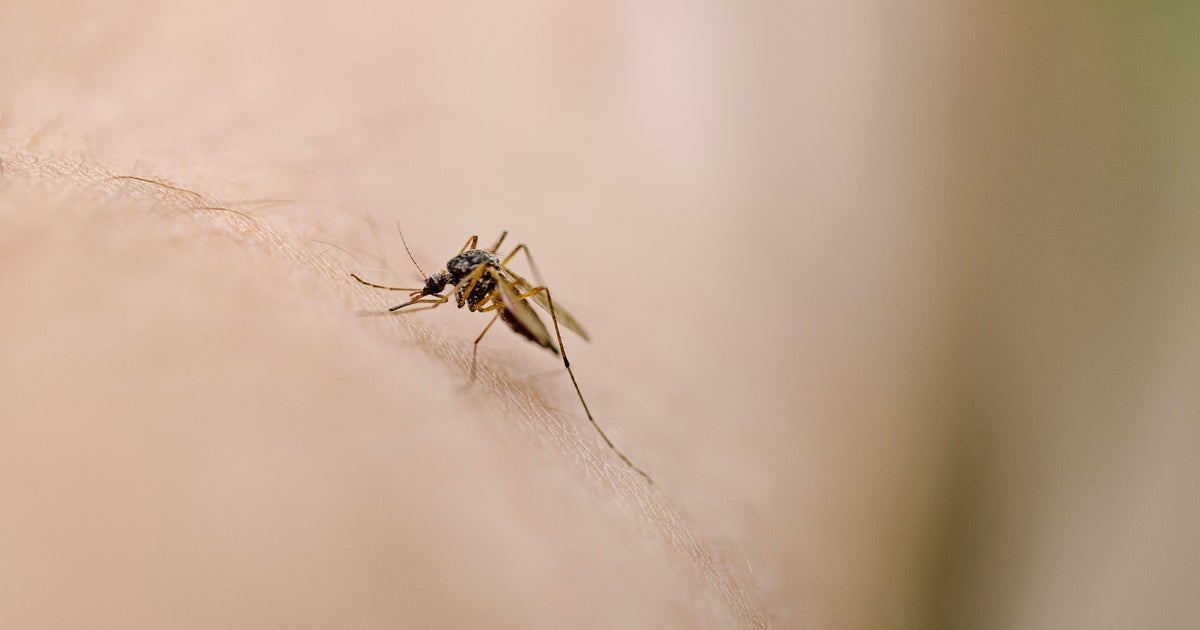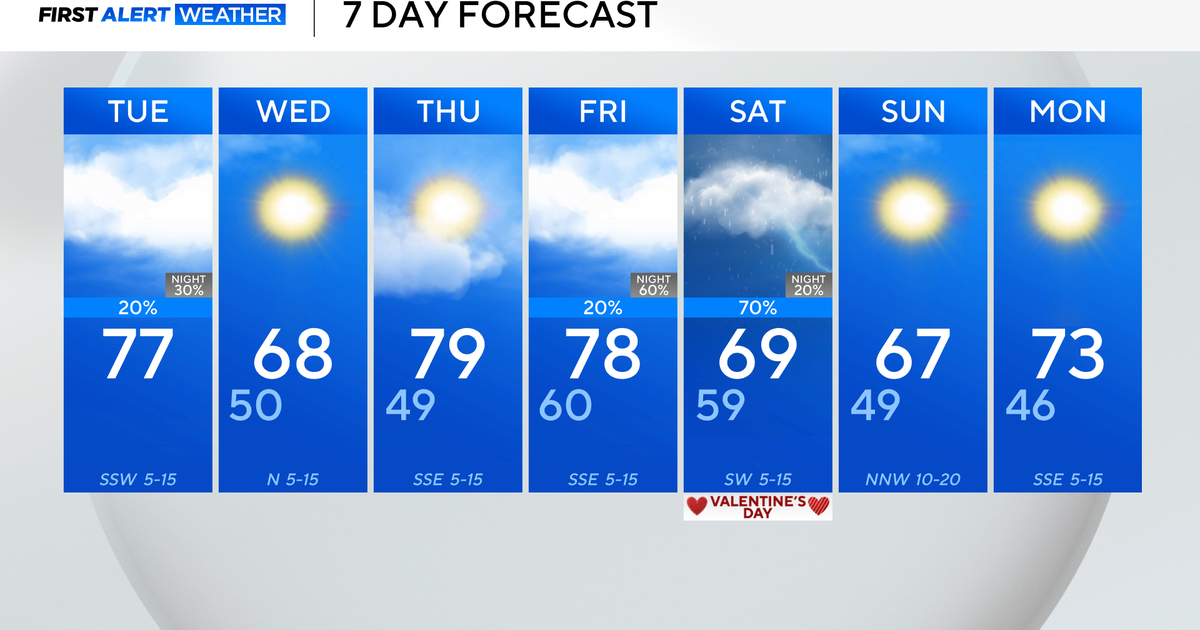Rising Temps Could Lead to Influx of Brown Recluse Spiders in Michigan
CBS (Grand Rapids)--The brown recluse spider isn't native to West Michigan but you may find it there anyway.
"They're not found in Michigan very much at all. If you do, they're probably ones that hitchhike from down south somewhere. Somebody moved up north and a spider got into their boxes and wound up in their basement," Dan Hemmann, an area curator at John Ball Zoo in Grand Rapids, said.
The small spiders about the size of a quarter find a dark place and that's where they typically stay.
"Garages, basements, kind of anything that is very quiet. They're very shy spiders so they don't like a lot of activity. They like where it's dark and quiet and they can kind of just go about their business," Hemmann said. "They also don't like to bite at all so you really have to kind of bother them."
But if they do bite, it can be serious business. Just ask Jeff Lasich of Nunica, who was bitten last week.
"I thought it was a tick," Lasich said. "Turns out it was a brown recluse and I guess I'm one of the lucky people this year."
On his birthday Tuesday, he was spending sometime outside doing yard work.
"I didn't feel anything. I set the blocks down, went back inside, relaxed, had a beer. Next morning I got up and had just a small dot about the size of a dime (on my upper leg)," Lasich said.
Then the pain started getting worse and wrapping around his leg. His wife told him to get it checked out, so they went to Mercy Health in Muskegon. He says a physician's assistant walked in and knew exactly what it was.
He was given antibiotics, pain medication and Benadryl. He's feeling better now and has only a small scab.
But it could have been worse. Hemmann at John Ball Zoo said the skin can begin to necrotize, or die, after a brown recluse bite, at which point it has to be removed surgically.
"There are people that don't even know they're bit until a few days later when they notice the redness and the welts and the tissue damage," Hemmann said. "They can be life-threatening if they bite you."
He said that if you have a questionable bite, you should seek professional medical care. Redness, swelling and pain are common signs you've been bit by a brown recluse. In severe cases, the skin around the bite will begin to die and turn black. The earlier the bite is treated, the better.
Hemmann added we may start seeing more brown recluses here in West Michigan.
"The things that keep brown recluses out of Michigan are our cold winters. You know, we've had some mild winters recently and so the brown recluses that are up here are better able to survive the winters," he said. "So there's a possibility they can become more prevalent as time goes on and the winters get warmer."
The venomous arachnids typical don't stray further north than southern Illinois, but they've been spotted in rare cases in the northern part of the state.
If you get a positive ID on a brown recluse, you're asked to contact the Michigan State University Extension, which is tracking the spiders.







